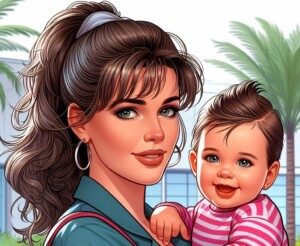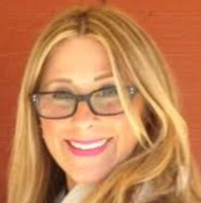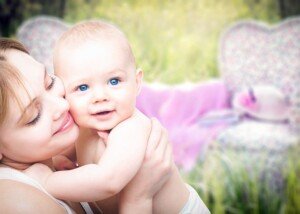
It’s a conundrum for many mothers: whether or not water for the baby formula should be from the tap, a bottle or distilled. But it makes a difference.
Baby Formula Water: Tap, Bottled or Distilled?
Things to Consider for Your Baby’s Formula Water
• Quality of the tap water in your area
• How are the pipes in your house? Old? Lead pipes?
• Home filtration systems call manufacturer to assess how often to change filter to maintain water quality
• Boiling water may not destroy pesticides and other environmental contaminants.
o USE ready-prepared formula
• How is the overall health of your baby?
o Is the baby immune compromised?
o Was the baby born premature?
• Check with the local water utility.
o The American Dental Association recommends checking your local tap water for its fluoride level.
If it is more than 0.7 mg/L, your baby runs the risk of developing enamel fluorosis, a condition that develops and affects their developing teeth; and hypomineralization of tooth enamel caused by ingestion of excessive fluoride during enamel formation. formula
• Faint of white lines/white spots on areas of the permanent teeth
TAP
If you choose tap water, allow the cold water (less than 75 degrees F) (not warm) to run for up to two minutes; this helps to reduce lead and other mineral built up in the pipes and bacterial growth.
If your area has “soft water” there can be added sodium in it which can be hard for the baby to excrete through their kidneys. formula
Call the local municipality to see what other minerals are added.
Only boil the water if your pediatrician or local health department advises you to do so; it is usually not necessary…it all depends on the quality of the water in your area.
If you DO boil, the recommendations are to use a rolling boil for one minute to destroy any possible pathogens present.
Boil any longer and the concentration of impurities increase. Allow to cool before adding to powdered formula and mixing.
Do not REBOIL any previously boiled water, as it increases impurities even further.
Well water is NOT recommended, as it is likely to contain nitrates or iron.
Boiling does not remove nitrates or iron; it just increases their concentration.
This water should be tested and treated to make sure that it is safe for drinking and/or cooking.
BOTTLED
Also called spring water, it comes from an underground source.
Bottled water may or may not have been treated and purified.
Any water you buy in the United States by law must meet the FDA’s standards of water quality.
The mineral content of each brand may vary depending on source, treatment and treating it receives.
“Intended for Infants” on a label for bottled water means it must be manufactured to meet the FDA’s general requirements for commercial sterility – moistly seen on Bottled Water Just for Babies.
Bottled Water “Just For Babies”
• Specifically designed to be used for formula mixing
• Baby water is similar to regular bottled water BUT is approved by Environmental Protection Agency (EPA); e.g., Gerber Pure or Nursery Water Nursery
DISTILLED
This is a type of purified water and is filtered of contaminants and natural minerals.
It’s best for irons and humidifiers so there is no mineral buildup that you often get with tap water.
Distilled water, even though tasteless, is seldom sold for dietary consumption and is used for industrial purposes. It’s not recommended for your baby’s formula.

 Deborah Malkoff-Cohen’s site is at
Deborah Malkoff-Cohen’s site is at 
























